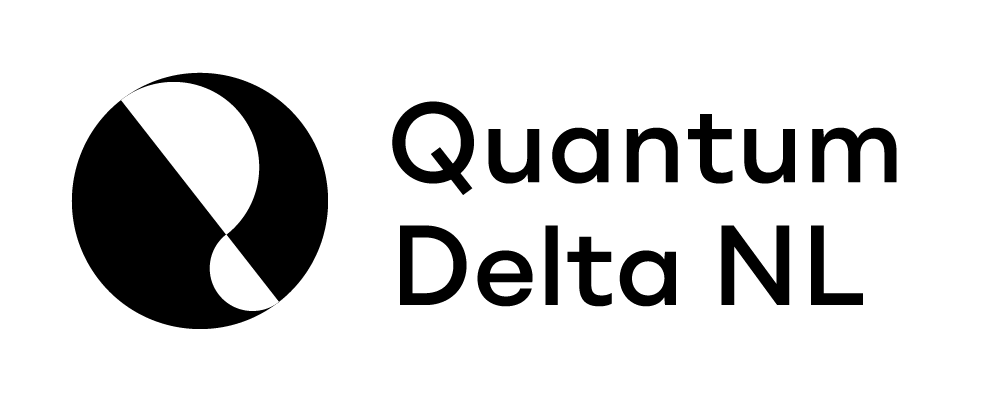Quantum for the younger generation Symposium in Utrecht
Doutzen Abma (CWI, QSC/QDNL), Nathalie Thielen (TU/e, QDNL), Mikael Fremling (UU, QuMat) and Kim Krijtenburg-Lewerissa (UU, Freudenthal Institute) will organise the fourth QDNL/QSC/QuMat symposium in the Minnaert Building in Utrecht. The theme is Quantum Outreach and Coherence.
This symposium is organised by the gravity projects Materials for the Quantum age (QuMat), Quantum Software Consortium (QSC) and Quantum Delta Netherlands Action Line 3.6. AL3.6 deals with talent/human capital for the younger generation, till 18 years.
Below is the preliminary schedule for the QDNL, QSC, QuMat symposium
- 10:30 Walk in coffee/tea
- 11:00 Opening Daniël Vanmaekelberg (UU, Director QuMat)
- 11:15 Speaker: Kirsten Stadermann (UT)
– Quantum physics in class: how can we support teachers? - 11:45 Workshop round:
– Quantum philosophy in upper secondary education
– Outreach with quantum-games - 12:30 Lunch
- 13:30 Spreker: Kim Krijtenburg – Lewerissa (UU)
– Towards coherence in quantum education research - 14:00 Workshop round:
– Using a Bloch sphere to make Quantum ‘easy’
– Quantum Lab (UU) (possibly quantum demonstrator of QuMat) - 14:45 Break
- 15:15 Workshop round:
– Update NLT-module Quantum Ready
– Quantum Lab (UU) - 16:00 Closing
- 16:15 -17:00 Drinks
Talks
Quantum physics in class: how can we support teachers?
Kirsten Stadermann, University of Twente
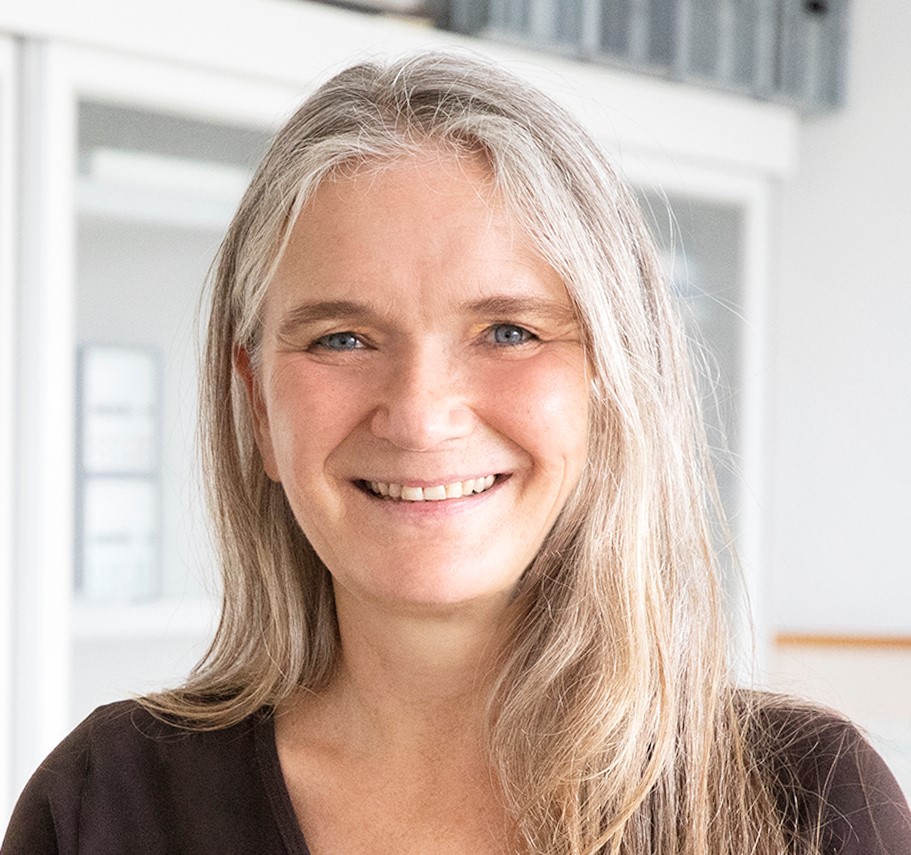
Towards coherence in quantum education research
Kim Krijtenburg - Lewerissa, Utrecht University
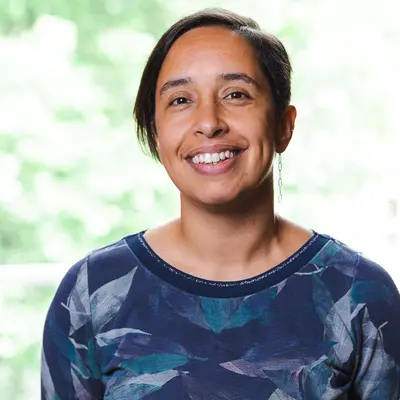
Workshops
Quantum philosophy in upper secondary education
Bohr and Einstein had different interpretations of quantum mechanics. Four common perspectives on QM will be put forward in the workshop. These perspectives have been made accessible to students in secondary education through online QM-philosophy lessons. These will be shared with the participants to start a discussion on the generally chosen Bohr-interpretation in text books.
Lesley de Putter
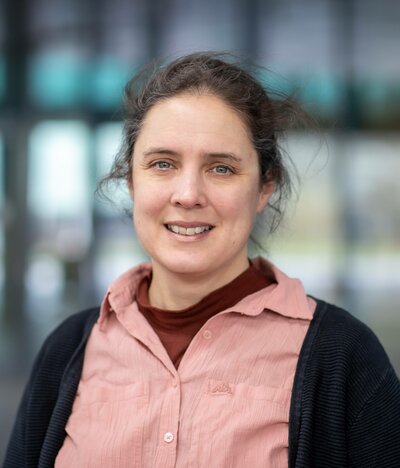
Tim Bouchée
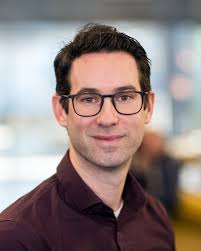
Outreach with quantum-games
Games can be an effective method for teaching a new concept to people from all backgrounds and age groups, especially for a topic as complex as quantum. There are already many existing quantum games out there, but the challenge is to use these games to reach as many different audiences as possible. Choosing a different game for every audience is very time consuming and difficult. It is much easier to use the same simple game and adapt it to suit your different goals. In this workshop we will work on how to use the same quantum game (TiqTaqToe) to reach many different audiences.
Cintia Perugachi Israëls
Quantum Education Officer, Leiden University
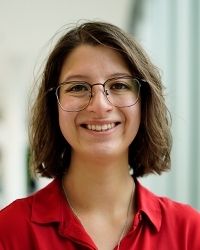
Michiel Thijssen
High School Liaison & Teacher, Leiden University.
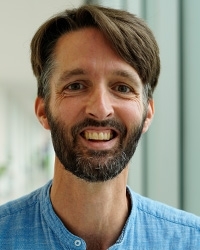
Using a Bloch sphere to make Quantum 'easy'
Dimitri van Esch
Business consultant Quantum Amsterdam & CEO Quantum Gateway Foundation
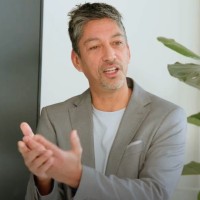
Femke Verheijen
Quantum Educational Officer, Applied University of Amsterdam (HvA)
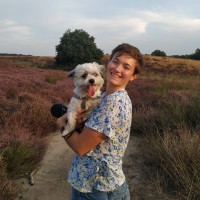
Update NLT-module Quantum Ready
At the TU Delft we are building and developing several hands-on student activities on quantum technology. Some of these will find their way in a lesson module aimed at upper level havo students for the subject Natuur, Leven & Technologie (NLT: Nature, Life and Technology). In this update we will present the current state of the lesson module and give some examples of the activities we have built. The aim of the lesson series is to introduce havo-students to core quantum concepts by linking them to concrete activities as much as possible. In the current havo curriculum there is no place for quantum. With this module we hope to give students a basic quantum understanding to better prepare them for follow up studies.
Lodewijk Koopman, TU Delft
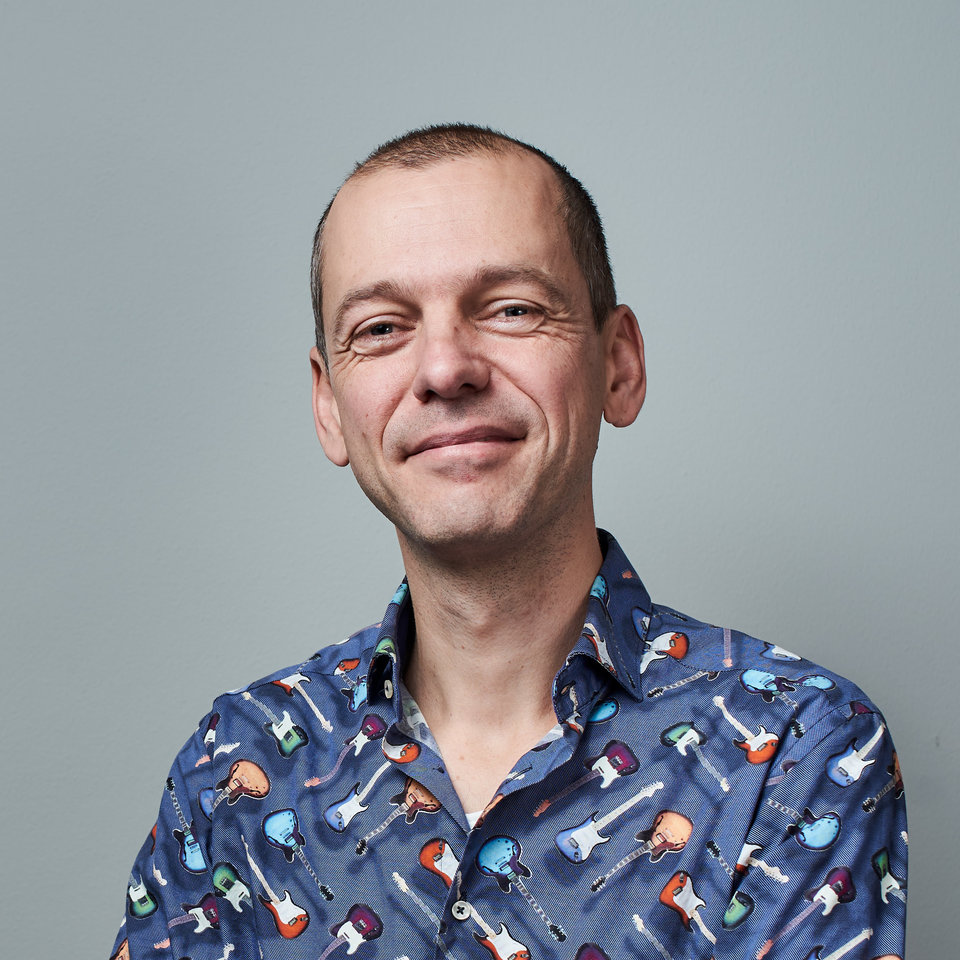
UU Quantum Lab
More info will come…..
Organizers
The QDNL symposium is organized as a collaboration on QDNL, QSC and QuMat.
Local organizers are Mikael Fremling (QuMat) and Kim Krijtenburg – Lewerissa (UU). QDNL organizers are Doutzen Abma (QSC, QuSoft, CWI) and Nathalie Thielen (TU/e).


